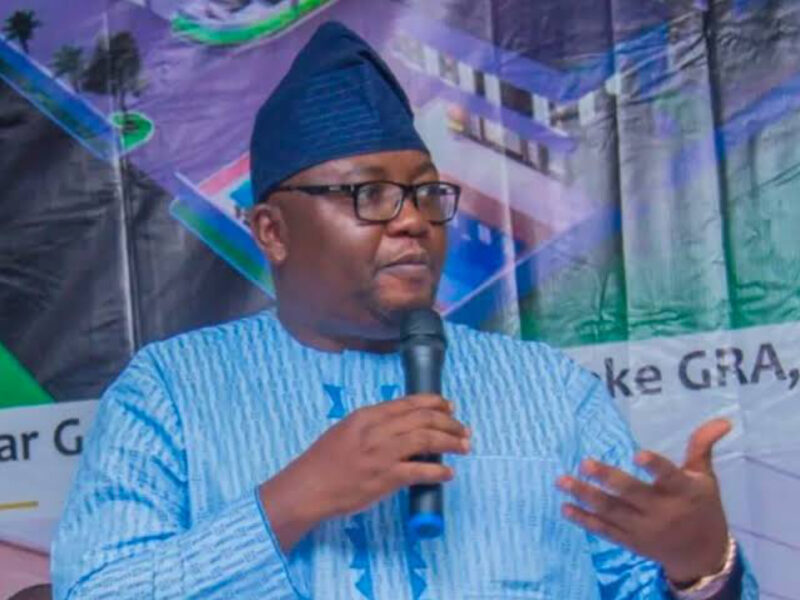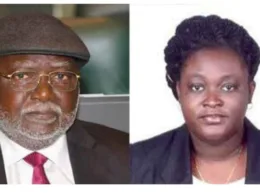Nigeria’s Government To Partner with Private Sector to Secure $10bn for Electricity Supply Improvement
Abuja, Nigeria – The Nigerian Federal Government has announced its strategy to partner with the private sector in order to secure a portion of the $10 billion needed to ensure a stable and dependable electricity supply nationwide. This initiative marks a crucial step in addressing the country’s long-standing power supply issues, with an implementation timeline spanning between five to ten years.
Discussions centered around this initiative took place during a courtesy visit by Dr. Jobson Oseodion Ewalefoh, the Director-General of the Infrastructure Concession Regulatory Commission (ICRC), to the Minister of Power, Adebayo Adelabu, in Abuja. A statement released by Ifeanyi Nwoko, the Acting Head of Media and Publicity, confirmed that both officials recognized the necessity of private sector involvement, through Public-Private Partnerships (PPP), to meet the operational and funding demands of Nigeria’s power sector.
Last week, in response to the recurring failures of the national power grid, the Minister of Power directed the immediate upgrading of outdated equipment as part of a broader strategy to enhance the reliability of electricity supply. He further indicated that additional financial support would be sought from the 2024 Supplementary Budget and the 2025 Appropriation Bill to tackle crucial infrastructural improvements necessary to prevent grid failures.
During their meeting, Minister Adelabu highlighted that to achieve a consistent 24-hour power supply across Nigeria within the next five to ten years, at least $10 billion in funding would be essential. He emphasized the impossibility of this financial burden resting solely on the government, which is already managing competing needs in other vital sectors.
“The government cannot do this on its own. This is precisely why we need to mobilize private sector investment while still upholding government interest and ownership. The ICRC plays a pivotal role in this collaboration, particularly through the use of concessions,” the minister stated.
In response, Dr. Ewalefoh remarked that the ICRC is well-positioned to facilitate private sector investment in the $10 billion required to enhance the power sector. He noted that attracting additional foreign direct investment into various sectors of the economy could ultimately boost economic development. However, he acknowledged that the obstacles confronting the power sector extend beyond mere financial concerns, emphasizing the need for inter-agency cooperation and private sector engagement to effectively tackle these challenges.
“Transforming the power sector demands meticulous planning, substantial investment, and a significant timeframe. Collaborative efforts are necessary to address existing issues in this sector. Given the scale of investment required, it is clear that the government cannot tackle this alone, necessitating the engagement of the private sector’s financial resources,” he explained.
Ewalefoh reaffirmed the ICRC’s commitment to regulating investment processes within the power sector and praised Minister Adelabu’s extensive expertise. He commended President Bola Tinubu’s decision to appoint him, noting its significance for sector improvement.
To expedite investment through Public-Private Partnerships as directed by President Tinubu, the ICRC has rolled out a six-point policy framework designed to streamline the PPP process, thereby enhancing service delivery.
While these processes aim to foster investor engagement and accelerate project completion, the Commission remains vigilant in its regulatory roles, ensuring against potential liabilities or delays by inadequately equipped firms.
Additionally, Dr. Ewalefoh indicated that the Commission now incorporates strict conditions into all PPP contracts, stipulating that any preferred bidder who fails to meet the agreement’s terms would see their contract automatically terminated.










Join our Channel...